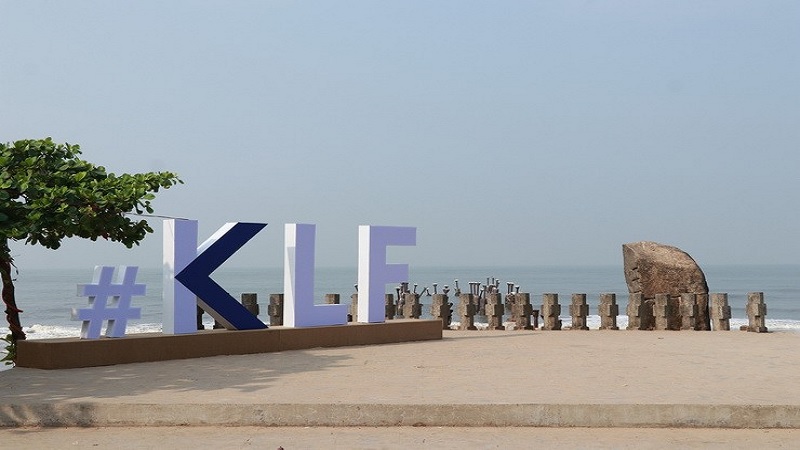
Image Courtesy: traveldailynews.asia
The sixth edition of the Kerala Literature Festival (KLF) began on January 12 in Kozhikode, Kerala. The event is organized by DC Books, a private publisher, with financial support from various public institutions, including departments of the Kerala government. However, there is a complete omission of theatre and theatre literature in the event and Natak, a state-wide theatre’s collective has “strongly protest and condemn this attitude from the part of organizers and the government.” This statement has been issued recently by Natak through its president, D. Raghuthaman and secretary, J. Shailaja.
The statement raises pertinent questions: “ The question is why theatre, a popular art sector in the state, was not included in this festival, especially considering the event is being conducted with the help of the Kerala government. The festival’s director, K. Satchidanandan, is a prominent poet and playwright himself and is also the Chairman of the Sahitya Academy. This makes the omission even more perplexing. Besides, the Kerala Literature Festival (KLF) is being advertised as one of the largest cultural gatherings in Asia and the largest in South India: apart from an absence of theatre as a medium, theatre literature is conspicuously missing.
“The KLF reportedly focuses on ‘discussions of history, politics, economics, science, art, cinema, culture, technology, genomics, environment, business, and health,’ but does not include theatre. This raises questions about who the festival is organized for and why the Kerala government has provided finance to the initiative without including theatre. The festival is also being advertised as “one of the largest cultural gatherings in Asia and the largest in South India”, which raises further questions about the organizers’ understanding of theatre literature and theatre festivals in other parts of Asia and South India,” the statement reads.
Further, the statement reads, “Despite the festival featuring ‘more than 500 writers and experts from various fields, over 200 intellectual exchange venues, and performance venues for cinema and new-gem music,’ the omission of theatre is striking.
“The organizers’ decision not to include theatre raises questions about their understanding of the cultural significance of theatre in Kerala and other parts of Asia. As representatives of Kerala theatre artists and activists, we strongly condemn the disregard shown to Kerala theatre in this literary festival and see it as a reactionary attempt to cover up the progressive political and artistic movements that have shaped up the Kerala society.”